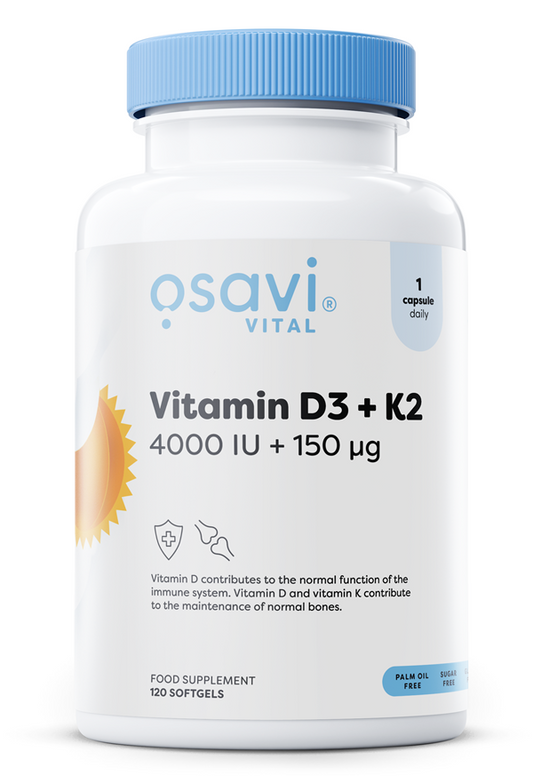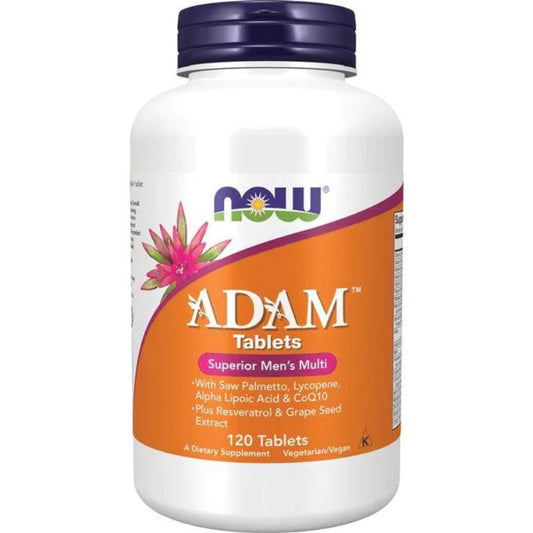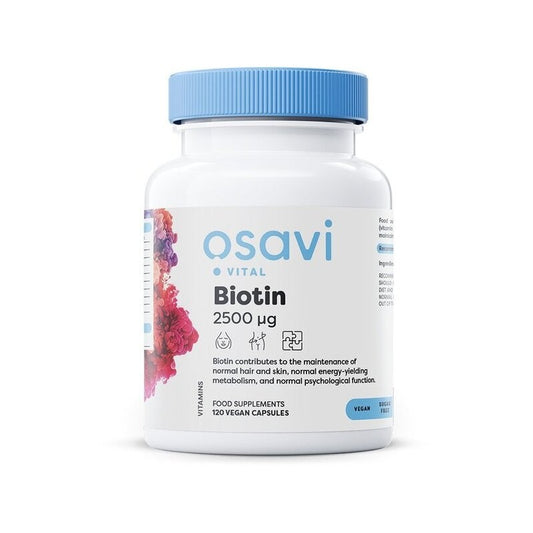
Calcium: Essential Mineral for Everyday Wellness
Jakub SkibaWhen most people think of calcium, bones and teeth immediately come to mind — and for good reason. About 99% of the calcium in your body is found in your bones and teeth, helping maintain their strength and structure throughout life. However, calcium’s benefits reach far beyond a bright smile and sturdy bones. This essential mineral plays a part in several everyday processes that help your body function smoothly — from muscle movement and nerve communication to the release of certain enzymes and hormones.
Calcium is also important for maintaining the proper balance of other minerals in your body, including magnesium and phosphorus. Together, these nutrients support normal energy production and overall vitality. Getting enough calcium each day can help you stay active, support your body’s natural rhythm, and promote long-term wellness. Because your body cannot produce calcium on its own, it relies on the food you eat — and, when necessary, supplements — to keep your levels steady. Understanding how calcium works, where to find it, and how much you need can make it easier to meet your daily goals through balanced nutrition.
In this guide, you’ll discover what calcium is, why it’s important for your body, how much you may need, and the best dietary sources to include in your daily routine.
What Is Calcium? Understanding This Key Nutrient
Calcium is one of the most abundant minerals in the human body. It plays an important role in maintaining healthy bones and teeth, as well as supporting muscle and nerve function. Since your body can’t make calcium on its own, it’s essential to get it regularly through foods or supplements to help maintain balanced levels.
Why Calcium Matters: Main Roles and Everyday Benefits
Calcium is an essential nutrient that contributes to many normal body functions:
-
Bone and Teeth Maintenance: Supports the structure and durability of bones and teeth.
-
Muscle Function: Assists in the normal contraction and relaxation of muscles.
-
Nerve Function: Helps transmit signals between nerves and muscles.
-
Normal Blood Function: Plays a role in normal blood clotting processes.
-
Cellular Communication: Contributes to enzyme activity and cellular signaling.
Getting enough calcium each day supports your body’s natural functions and overall wellness.
Recommended Daily Calcium Intake
Calcium needs can vary depending on your age and life stage. Below are general daily intake guidelines (in milligrams per day):
|
Age Group |
Recommended Daily Intake (mg/day) |
|
1–3 years |
700 mg |
|
4–8 years |
1,000 mg |
|
9–18 years |
1,300 mg |
|
19–50 years |
1,000 mg |
|
Women 51+ |
1,200 mg |
|
Men 71+ |
1,200 mg |
Always consult a healthcare professional for personalized recommendations, especially if your diet or lifestyle may affect calcium absorption.
Best Dietary Sources of Calcium
The most effective way to get enough calcium is through a balanced diet that includes calcium-rich foods. Here are some excellent sources:
-
Dairy Products: Milk, yogurt, and cheese.
-
Leafy Greens: Kale, bok choy, and turnip greens.
-
Fortified Foods: Plant-based milks (such as almond, soy, or oat), cereals, and orange juice with added calcium.
-
Fish with Edible Bones: Canned sardines and salmon.
-
Other Plant Sources: Tofu (prepared with calcium sulfate), almonds, chia seeds, and sesame seeds.
Including a variety of these foods in your meals helps support your body’s natural calcium balance.
When to Consider Calcium Supplements
While most people can meet their calcium needs through food, supplements can be a convenient option if you don’t consume enough calcium-rich foods or have specific dietary restrictions.
Common Types of Calcium Supplements
-
Calcium Carbonate: Typically contains a higher percentage of elemental calcium and is best taken with food.
-
Calcium Citrate: Easier to absorb and can be taken with or without food.
If you’re considering a calcium supplement, it’s best to talk to your healthcare provider to find the right form and dosage for your needs. Avoid exceeding the upper daily limit of 2,500 mg for adults unless advised otherwise.
Key Takeaways:
-
Aim for 1,000–1,200 mg of calcium daily, depending on your age and dietary needs.
-
Include calcium-rich foods in your meals every day.
-
Consult a healthcare provider before taking supplements.
-
Support your body’s natural strength and wellness with a balanced calcium intake.










